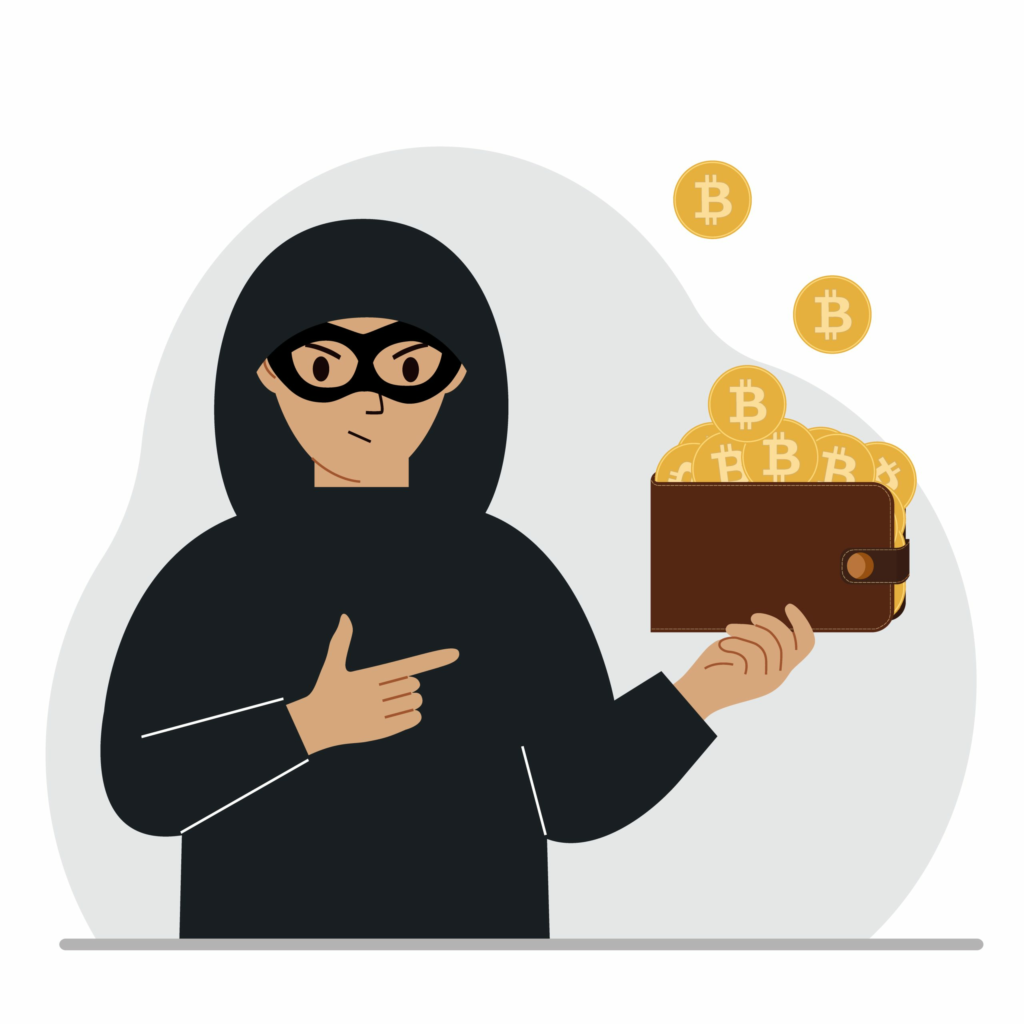Minimizing Cryptocurrency-Based Fraud without Regulatory Support
Stanford University researchers have proposed token standards, based on ERC-20 and ERC-721, that enable transactions to be unwound, which some argue breaks the cryptocurrency prime directive of immutability. What will stop cryptocurrency crime?
According to an article from The Defiant:
“Reversibility—the ability to redo transactions on blockchains—has long been a challenging project for crypto scientists. The Stanford team believe it may hold the key to making cryptocurrencies more protected from hackers. Chainalysis, the blockchain forensics firm, estimates that hackers stole $14B in crypto hacks during 2021. Yet to make this proposition work, technologists would have to tinker with one of the most sacred properties in cryptocurrency systems: immutability.”
But is that really the best way to slow criminal activity?
Today the card networks and issuing banks offer zero liability, but that service often requires banks fund the criminal activity. The largest volume of card-related fraud is the direct result of improper or no cardholder identification—think prepaid cards—and a poor authentication process criminals can bypass. So much of the fraud loss experienced today could be prevented if issuers implemented better identity validation when accounts were opened and better authentication techniques across all their customer touchpoints, including card usage. Zero liability kicks in when those basic building blocks fail.
Criminals love pseudo-anonymity as do too many cryptocurrency business leaders. When you don’t need to worry where your investment dollars came from, business funding gets much easier. We were stunned when an honest CEO did what nobody else has done, he closed down his NFT business due to the rampant crime that was clearly visible. That article is important to read for anyone really interested in mitigating cryptocurrency and NFT criminal activity.
If we want cryptocurrencies to have a net positive impact on society, we need to know who was involved in the transaction and who is funding the business. Making it easier to unwind a completed transaction requires an arbiter which crosses another cryptocurrency tenant; the lack of any centralized authority.
Overview by Tim Sloane, VP, Payments Innovation at Mercator Advisory Group.
document.getElementById( “ak_js_1” ).setAttribute( “value”, ( new Date() ).getTime() );
© 2022 PaymentsJournal.com

